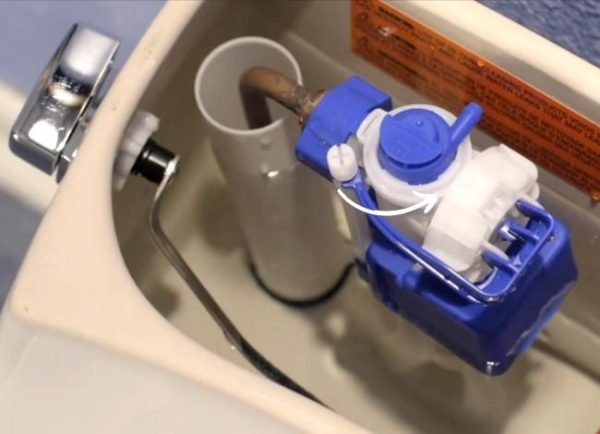

Double voiding means that after you urinate, you wait a few minutes and try to go again.Start by waiting 10 minutes, and try to work your way up to only urinating every 2 to 4 hours. With bladder training, you wait a certain amount of time to urinate after you feel an urge to go.Your doctor may also recommend additional tests, like a pelvic ultrasound or cystoscopy.ĭepending on your specific needs, your treatment plan could include one or more of the following: At-home behavioral trainingĪt-home behavioral training can help you teach your bladder to control leaks. If a large amount remains, it could mean you have blockage in your urinary tract or a problem with the bladder muscle or nerves. A post-void residual measurement checks how much urine is left in your bladder after you urinate.A urodynamic test shows how much urine your bladder can hold and whether it can empty completely.


A prostate exam checks for an enlarged prostate in men.A urine test looks for blood or signs of infection in your urine.A cough test (or stress test) involves coughing while your doctor checks to see if urine leaks.For a few days, record:Īfter discussing your symptoms, your doctor may perform diagnostic testing to figure out the type of incontinence you have: A bladder diary can help you find patterns and possible causes for your incontinence. Your doctor may ask to you keep a bladder diary for a week or so prior to your appointment. Specifically, you’re unaware you need to urinate, can’t communicate that you need to go, or are physically unable to get to the bathroom in time.įunctional incontinence can be a side effect of: It usually happens to people with severe neurological damage from:įunctional incontinence: This happens when an issue unrelated to the urinary tract causes you to have accidents. Reflex incontinence: This is caused by damaged nerves that can’t warn your brain when your bladder is full. It also occurs in men who have had their prostate removed or have had surgery for an enlarged prostate. Women with incontinence usually have this type. Mixed incontinence: This means you have both stress and urge incontinence. In some cases, it’s a side effect of infections or certain conditions, like Parkinson’s disease or MS. The cause is often unknown, but it tends to happen to older adults. You might not be able to make it to the bathroom in time. Urge incontinence (or overactive bladder): This causes a strong, sudden need to urinate even if your bladder isn’t full. Women who’ve delivered a baby vaginally may be at risk for this type of incontinence because pelvic floor muscles and nerves can be damaged during childbirth. Usually, you don’t feel the need to urinate before leaks happen. Possible causes are weakened or damaged pelvic floor muscles, urethral sphincter, or both. Stress incontinence: This happens when physical activity, like jumping, laughing, or coughing, causes urine to leak. Each has different causes and characteristics: Overflow incontinence is one of several types of urinary incontinence.

How it compares to other types of incontinence severe prolapse of a woman’s uterus or bladder.conditions that affect the nerves, like multiple sclerosis (MS), diabetes, or brain injuries.Other causes of overflow incontinence in men and women include:
#Overflow definition full
The urine remaining in the bladder makes it become full too often, and urine leaks out. Over time, this can weaken the bladder muscle, making it harder to empty the bladder completely. The bladder can also become overactive, making a man with an enlarged bladder feel the urge to urinate often. When the prostate becomes enlarged, it puts pressure on the urethra, making it harder to urinate. The prostate is located at the base of the urethra, a tube that carries urine out of a person’s body. In men, it’s often caused by benign prostatic hyperplasia, which means the prostate is enlarged but not cancerous. You may need to urinate often but have trouble starting to urinate and completely emptying your bladder.Ĭhronic urinary retention is more common in men than in women. The main cause of overflow incontinence is chronic urinary retention, which means you can’t empty your bladder.


 0 kommentar(er)
0 kommentar(er)
